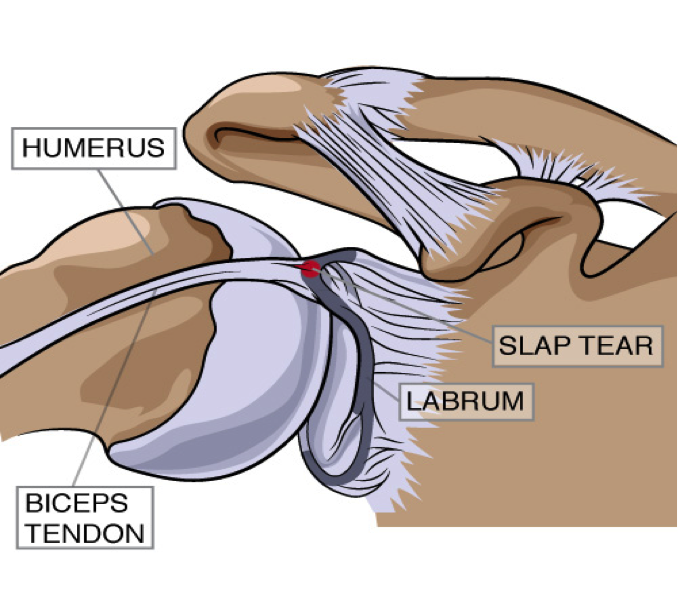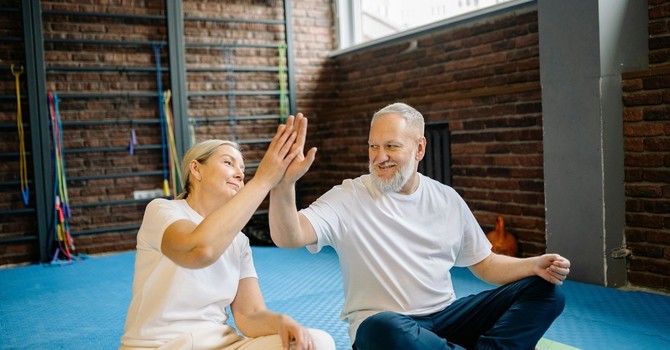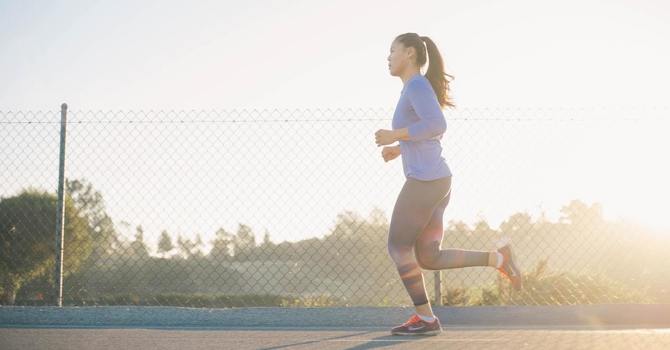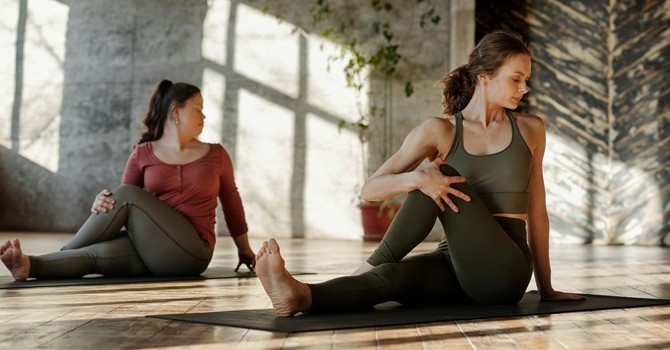
Your shoulder is a “ball and socket” joint between the ball-shaped top of your upper arm bone (humerus) and the socket of your shoulder blade (glenoid). Unlike your hip, which is a deep ball and socket, the socket of your shoulder is relatively shallow. A thick, fibrous rim of cartilage called the “labrum” surrounds the entire outside edge of the socket and serves to deepen the joint. This labrum is also an attachment point for several ligaments and tendons, including the tendon of the biceps muscle, which attaches to the very uppermost (superior) edge of the labrum.
The term “SLAP” stands for Superior Labrum Anterior Posterior and is used to describe a tear or detachment of the labrum that begins at the anchor site for the biceps and extends forward (anterior) and backward (posterior) from this point. A “SLAP tear” basically means that the labrum is being peeled away from the underlying bone.
Trauma, like a fall onto an outstretched arm or a direct blow to the shoulder, is responsible for approximately 1/3 of all SLAP tears. Other tears develop more slowly from repetitive strain. SLAP injuries are common in athletes, particularly throwers. Symptoms from SLAP tears can vary from unnoticeable to disabling. Complaints often include a deep, vague non-specific shoulder pain that is provoked by reaching overhead or moving your arm across your body. Weakness and stiffness often accompany the problem. Discomfort may limit your athletic performance, particularly in throwers who complain of a “dead arm.” Popping, clicking, grinding, and catching are common symptoms associated with SLAP tears.
If your condition is allowed to progress, you may begin to notice pinching, slipping, or “looseness,” which could indicate that your shoulder is becoming less stable. SLAP lesions are often accompanied by other problems, like rotator cuff tears, biceps tendonitis, or instability. Your doctor may order a special test called an MRI Arthrogram to clarify and confirm your diagnosis.
Although non-surgical treatment of SLAP tears is not always successful, most experts, including the American Academy of Orthopedic Surgeons, recommends trying conservative care prior to considering surgery. Your initial treatment will focus on reducing inflammation. You should avoid activities that cause pain, particularly throwing. As your symptoms improve, you will be taught progressively more challenging exercises to help you recover. Unfortunately, SLAP tears recover slowly and some cases will require surgical repair.
If you or someone you know suffers from this condition, call our office today. Our doctors are experts at relieving many types of pain including shoulder injuries.




